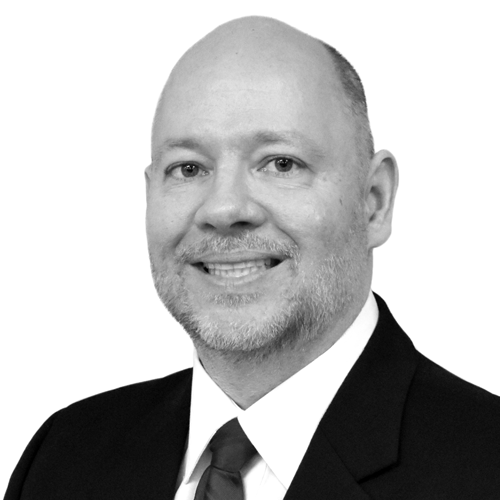The traditional view of patent attorneys is of in-house lawyers whose job is to seek patent protection for their products. But, Rekha Hanu, executive director and chief IP counsel for Akorn Pharmaceuticals, works on the other end of the spectrum. Hanu’s job for Akorn, which manufactures generic versions of brand medications, is to defeat brand companies’ patents so Akorn can put its own versions of those medications on the market.
When brand companies launch a new product, they have to list all the patents for that product in a database called the Orange Book. If a generic company wants to launch its generic before these patents expire, it must give the brand company notice of its intention to challenge the patent. This kicks off a sequence of litigation in which the brand and generic companies litigate the validity of the patents.

The alternative to this high-stakes litigation is to simply wait for the patents to expire, at which point generic companies can put their own version of the medications on the market, but that comes with its own risks. Although that route doesn’t involve litigation, it does come with more heightened competition from other generic pharmaceutical companies.
Challenging existing patents is an integral part of Hanu’s strategy for beating the competition, because if you’re the first company to challenge a patent by filing an abbreviated new drug application and you succeed, you get what’s called 180-day exclusivity.
“You can be the first generic on the market, and you can be in the market by yourself for six months,” Hanu says. “That’s a lot of dollars, and it’s a huge benefit.”
When Hanu first came to work at Akorn, the company was more risk averse, choosing to wait until patents had expired before launching new products, but she decided to shake things up. “I treated each product opportunity we had on the books as a case study to highlight the various provisions of the law, including the rewards and pitfalls the law affords the generic company,” Hanu says. “Fortunately, senior management listened, and they started supporting proposals to employ all the tools we have in this space to help us launch products before patent expiration.”
There are times when Hanu would like to be more aggressive in challenging existing patents and pursuing litigation, but she recognizes that doing so is not always in the best interests of the company, so they’ve had to make some compromises. “We’ve begun to take calculated risks, identify some low-hanging fruit, and engage in the high-profile litigation as warranted,” Hanu says. “Through it all, what I’ve learned is that it’s important to listen and respect the company’s philosophy at any given time.”
Hanu is not the first in-house attorney to note the importance of understanding the intersection of the law and business, but her path there was unique. Having achieved a PhD in neuroscience, Hanu was in her final year of her postdoctoral fellowship when she realized the world of research was not for her.
“There were a lot of management consulting firms on the lookout for PhDs, but partly I believe they thought that this group was smart, driven, and had a lot of problem-solving skills, and they knew these skills would translate to any environment,” Hanu says. “So I was able to completely pivot and make a jump into a management consulting firm that catered to sales, marketing, and strategic consulting for the pharmaceutical industry. It opened my eyes and started my transformation from an academic to a business professional.”
But it didn’t take long for her to realize that the number crunching necessary to work in sales and marketing was not her strong suit, which brought her to another crossroads. “It led to a lot of soul searching and tons of informational interviews,” Hanu says. “I must have availed myself of every alumni network I had at that point, and I was introduced to patent law.”
Hanu decided to go back to school to get her law degree. After graduation, she worked for a private practice firm before finally moving to Akorn. “It’s been a journey that has had stops and starts, but I’m very glad I took that journey because I love where I am right now,” Hanu says. “It’s been a journey with building blocks for the role I have right now and the career I aspire to.”
Most of all, Hanu appreciates that her journey gave her the opportunity to work with a diverse group of people, from scientists to business consultants to executives. “With each phase, you have a whole different category of people that you interact with and you understand the different skills each industry and each function requires,” Hanu says. “I’m convinced that at the core of it all is really how you develop and maintain your relationships and that people are the heart of it all.”
Photo by Michael Delott


